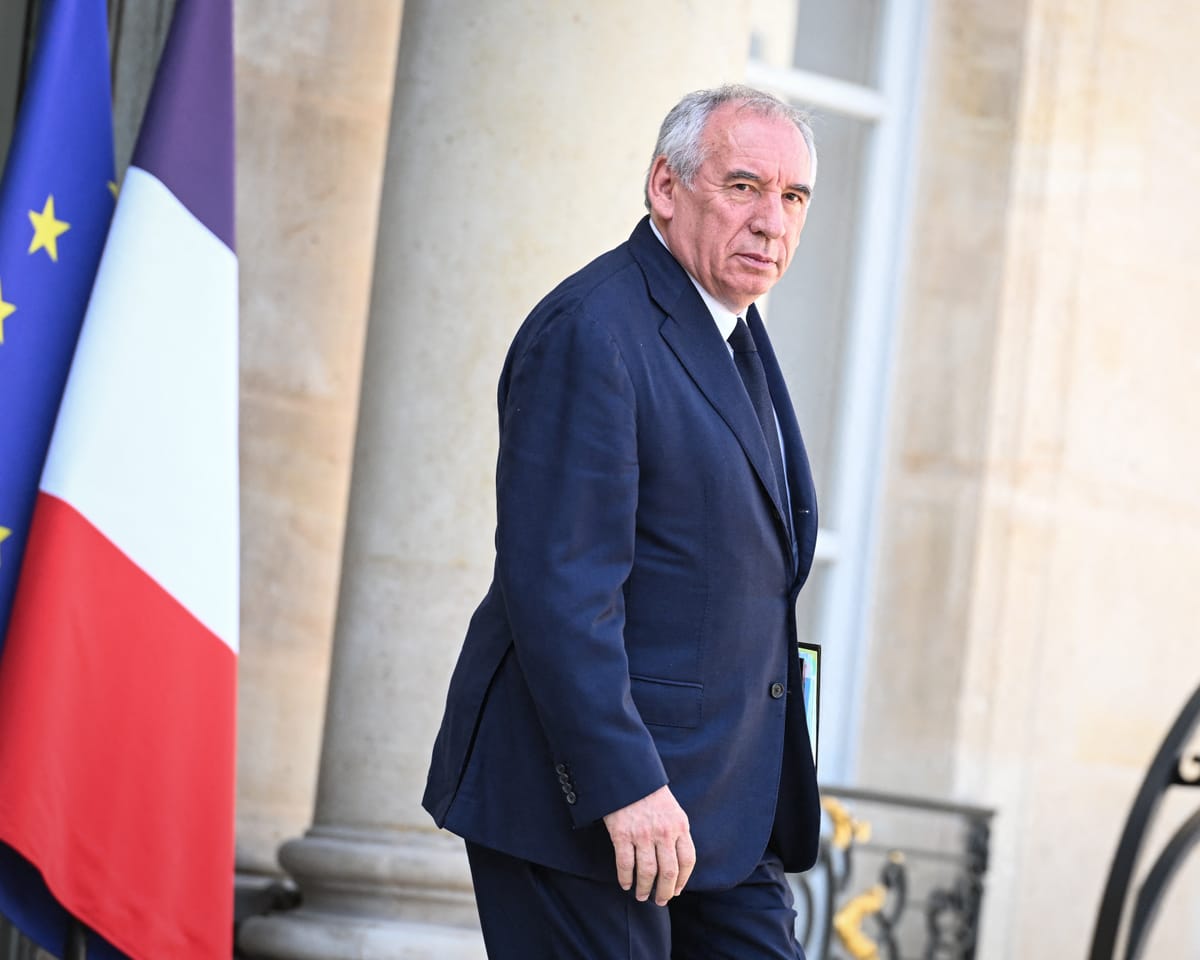France finds itself in economic uncertainty, lacking a budget and possibly facing a government collapse. Prime Minister François Bayrou has called for a parliamentary confidence vote on 8 September. With left-wing and far-right parties vowing to remove the government, he lacks the necessary support to prevail.
Recently, the Socialist Party (PS) joined the Greens and the far-right National Rally in opposition.
In an attempt to avert a no-confidence vote, Finance Minister Eric Lombard has acknowledged that seeking assistance from the International Monetary Fund is a looming possibility.
Without the Socialists, Bayrou's center-right government is unlikely to survive. Economists widely believe his downfall would deepen concerns about the economy and public finances.
At first glance, France's position may not seem critical. It remains a key player in the eurozone, with lower government debt relative to GDP than Italy, and its debt financing costs are significantly below those of the UK.
However, while Italy’s debt to GDP ratio stands at 135%, Rome has better control over annual spending. Italy’s growth may be sluggish, but it matches France’s, and the EU Commission predicts an improvement next year, along with stable inflation. Additionally, Italy’s budget deficit is expected to decline from 3.3% this year to 2.9% in 2026, below the EU’s 3% threshold.
France, however, is slipping further behind. Projections indicate persistent deficits will raise its debt to GDP ratio from 113% last year to over 120% by 2030.
For global investors, the debt's trajectory is more concerning than its current size.
Though France’s 10-year bond yields remain lower than the UK’s (3.5% vs. 4.7%), they are higher than Italy’s, and even Greece—with a 158% debt-to-GDP ratio—pays less (3.36%) on its bonds.
President Emmanuel Macron has attempted to convince the public that fiscal reforms are urgently needed, but his warnings have fallen on deaf ears. He has cautioned that "the years of abundance are over," yet his decision to raise the retirement age from 62 has drawn strong opposition. Critics argue it burdens older workers while straining state finances.
Bayrou’s minority administration seeks deeper cuts, aiming to reduce the deficit from 5.8% of GDP last year to 4.6% by 2026. Among its controversial proposals is eliminating two public holidays.
The only viable solution seems to be revising the budget to stabilize finances.
Read next

Ukraine strikes on refineries leave Russians struggling with fuel shortages
Russia Faces Fuel Crisis as Drone Strikes Cripple Refineries
Russia, often regarded as an energy powerhouse, is experiencing unexpected fuel shortages after a series of Ukrainian drone strikes damaged refineries across the country.
In several regions, petrol stations have run out of fuel, prices have soared to unprecedented levels, and

"MSF reports a third of Gaza outpatient wound patients are children"
Nearly one-third of outpatients treated for injuries at medical centers operated by Médecins Sans Frontières (MSF) in Gaza last year were children under 15, according to data published in The Lancet.
The statistics, shared by MSF in correspondence with the medical journal, were gathered from six healthcare facilities in Gaza,

"Javier Milei rocked by scandal linking sister to alleged bribes"
Argentina’s president Javier Milei is confronting his administration’s most serious alleged corruption scandal—linked to his sister, Karina, a key figure in his government—just weeks before crucial legislative elections.
For over a week, national attention has been focused on leaked audio recordings featuring a former official discussing

